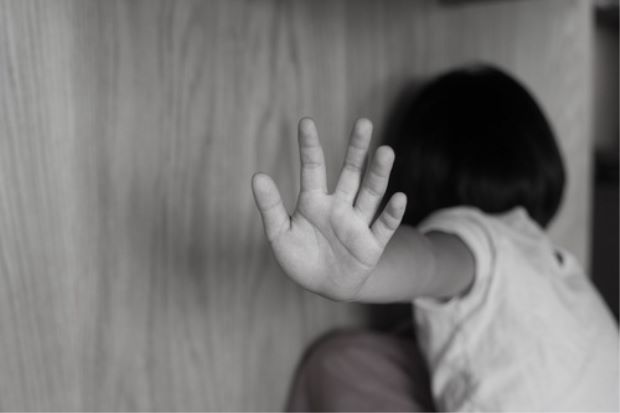
MAILA, Philippines — Saying that the Philippines has the lowest age of consent in Asia, the United Nations’ resident coordinator in the country urged both chambers of Congress to urgently increase the age for statutory rape from below 12 years old to below 16.
“The UN has long voiced concerns about the alarmingly low age of sexual consent in the Philippines,” UN resident and humanitarian coordinator Gustavo González said in a statement.
Along with the World Health Organization, UN Population Fund and UN International Children’s Emergency Fund, González said Filipino children were more vulnerable to abuse and exploitation because of the low age of consent that was one of the lowest in the world.
González also pushed for more “holistic, nondiscriminatory, protective and responsive” measures, including a “close-in-age exemption,” which excludes adolescents of similar ages for factually consensual and nonexploitative sexual activity.
The UN is also pushing for the removal of marriage as forgiveness exemption, where the perpetrator is freed of legal responsibility if the perpetrator marries the victim.
“The UN remains committed to supporting the government in creating a safe environment for children,” González said, adding that the United Nations lauds legislation that protects children from other forms of violence, such as online sexual abuse and exploitation, as well as teenage pregnancy.
Widespread issue
González cited the first National Baseline Study on Violence Against Children conducted in 2015 and led by the Council for the Welfare of Children, which showed that one in every five Filipino children (19.1 percent) age 13 to 17 years old reported having experienced sexual violence, while one in 25 (4.8 percent) of all respondents experienced forced consummated sex during childhood.
The study, the UN added, also revealed that the perpetrators are often family members and that more boys (22.1 percent) than girls (15.9 percent) reported experiencing sexual violence.
“Sexual violence results in severe physical, psychological and social harm for children. Victims experience an increased risk of HIV and other sexually transmitted infections, pain, illness, unwanted pregnancy, social isolation and psychological trauma. Some victims may resort to risky behavior like substance abuse,” said González.
“As child victims reach adulthood, sexual violence can reduce their ability to care for themselves and others. The harmful norms that perpetuate sexual violence take a heavy toll on families and communities, too,” he added.

